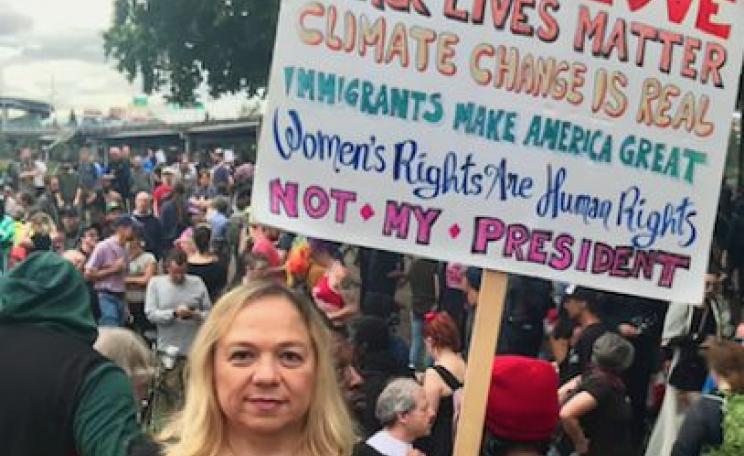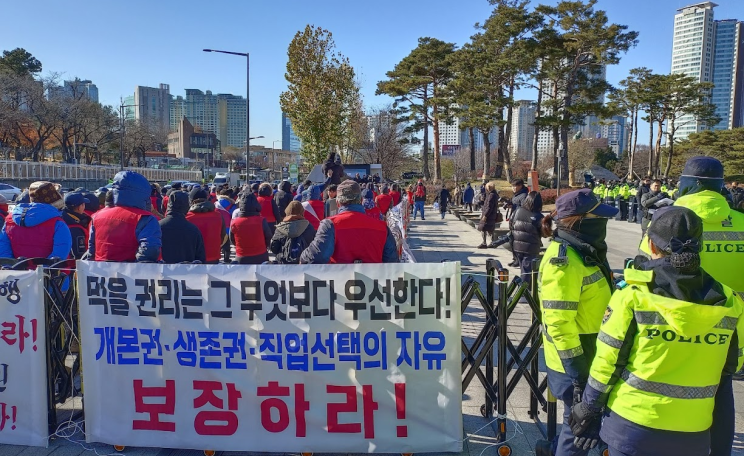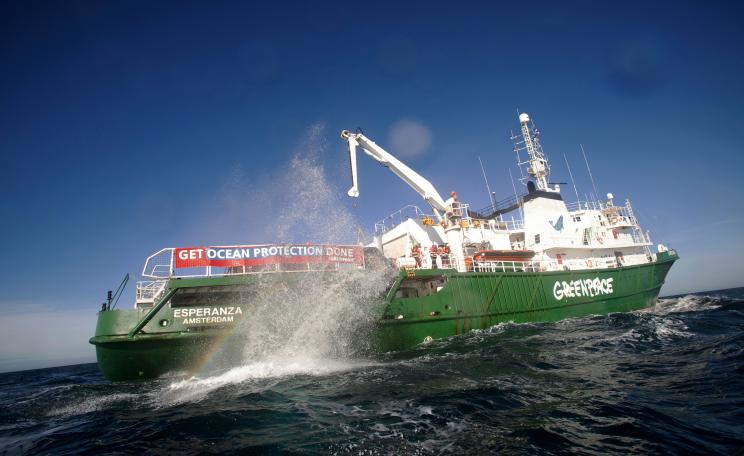There is a lot of mistrust maybe, not just in Bristol but between marginalised communities and the privileged communities.
There is a worrying lack of diversity in climate change decision making, policy experts have warned, after a study found the voices of people of colour make up just three percent of discussions on the issue.
A year-long study conducted in Bristol revealed just five percent of participants at meetings to discuss transition to a net zero future were men of colour, and they spoke only one percent of the time.
The voices of women of colour accounted for just two percent of debate time, despite making up 14 percent of participants. People of colour account for 16 percent of Bristol’s population, according to Bristol City Council.
Just transition
The study, which was led by academics and the University of Bristol, found white men and white women were almost equally represented – making up 40 percent and 41 percent of participants respectively.
But discussion time was dominated by white males, with this group speaking almost twice as much as their female counterparts. White men spoke on average 64 percent of the time, while white women spoke 33 percent of the time.
Published in the run-up to the Cop26 climate talks in Glasgow, the study’s authors warn the findings undermine Bristol’s pledge to make a “just” transition to net zero carbon emissions by 2030.
“Fairness” is listed as one of the key principles of Bristol’s One City Climate Strategy which was published in February last year.
It states: “Achieving a just transition is central to our strategy and critical to it achieving successful outcomes.
Disabled
“This means maintaining a democratic mandate, ensuring there are opportunities for all to participate in the benefits of change with its costs shared fairly.”
Policymakers are increasingly aware how important it is to include marginalised groups in discussions around climate resilience.
Those from poorer backgrounds are more vulnerable to climate change because they are likely to live in lower quality housing and lack the resources to move to escape extreme weather such as heatwaves or flooding.
Disabled people are also vulnerable, as they often need specialist housing, making it difficult to relocate.
The study, which was funded by the university’s Cabot Institute for the Environment, focused on six organisations spanning the public, private and third sectors looking at climate change in Bristol.
Replicated
It involved 12 interviews with policymakers and nine hours of observations of closed-door steering groups and public meetings.
But the researchers found that many of the participants were aware of and concerned by the fact the climate change debate is dominated by white, middle-class people, and it was discussed at meetings.
They said there was a general sense of confusion “about how to include and engage” people of colour, and also disabled people, both the young and the elderly and working class people.
There is a lot of mistrust maybe, not just in Bristol but between marginalised communities and the privileged communities.
Dr Alix Dietzel, who specialises in climate justice and climate policy at the University of Bristol, said: “From what we know from global negotiations, which is what I studied prior to this research, this is quite common – certain voices dominate the discussion and it tends to be the most privileged in society and obviously in our case that would be white men.”
She said it would be unsurprising if the results were to be replicated elsewhere, but that the Bristol study was the first conducted at city scale.
Ambitious
Dr Dietzel continued: “It’s not just speaking, it is getting people in the room and to feel that they want to be part of these processes, to feel the trust to engage and perhaps to feel that they can make a difference and that they belong.
“I think there is a lot of mistrust maybe, not just in Bristol but between marginalised communities and the privileged communities and it is not something that is unique to climate change.”
Dr Dietzel added there had been a strong sense among almost all participants that there was an issue of fairness and inclusion, but also a feeling of confusion and frustration about how to achieve it.
She cited the pace of many meetings as a possible barrier to participation. “On almost all of the meetings we were in there was almost no time to pause and focus on policy and what was happening, or space for critical reflection,” she said.
Co-author Dr Alice Venn, a lecturer in law at the University of Exeter, said: “Bristol is a leader in climate policy with ambitious 2030 targets and a commitment to a just transition so, as a city, we have an important opportunity to harness public engagement and to set an example of how a just transition to a low carbon future can be achieved.”
This Author
Tess de la Mare is a reporter with PA.







